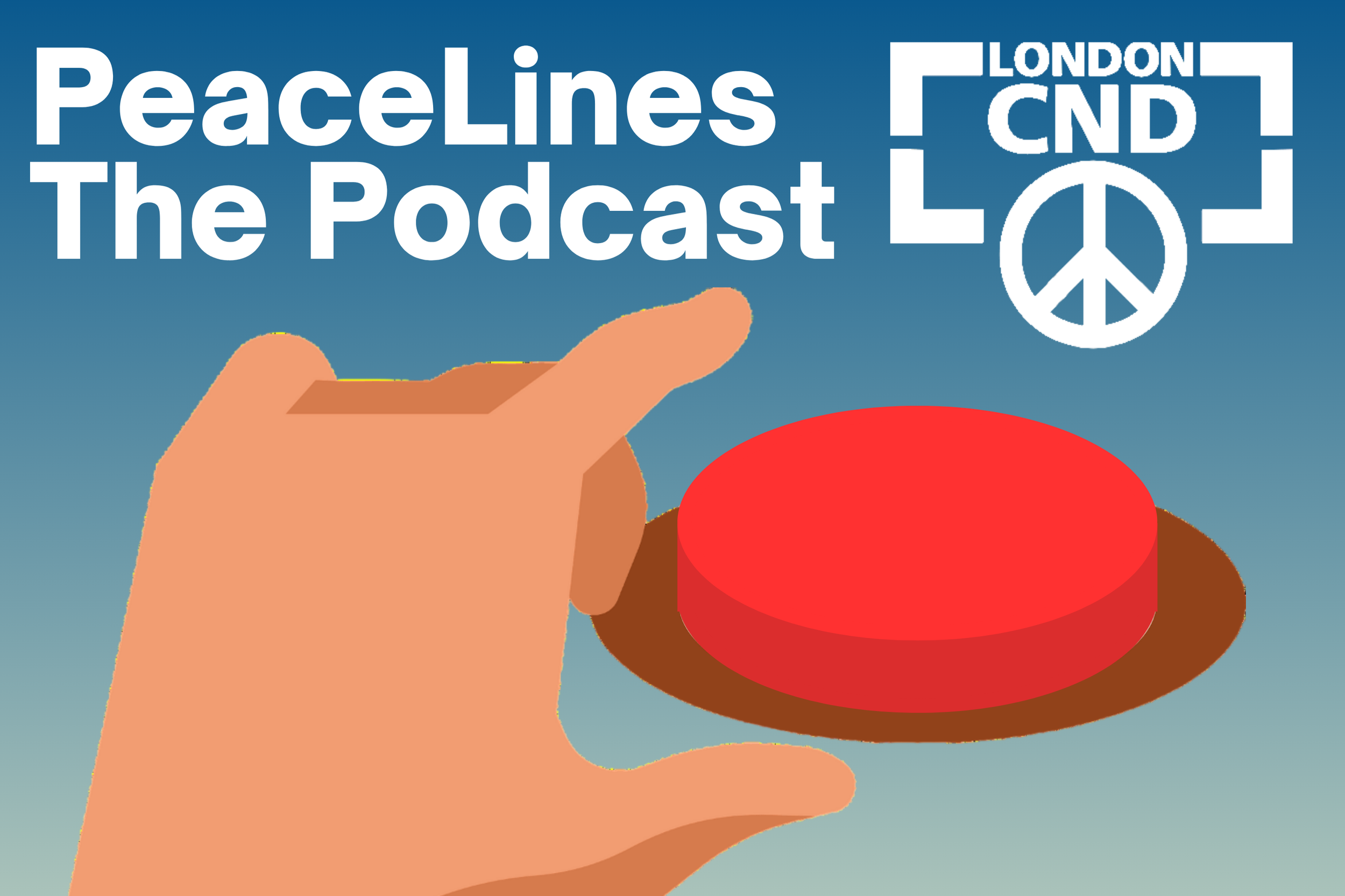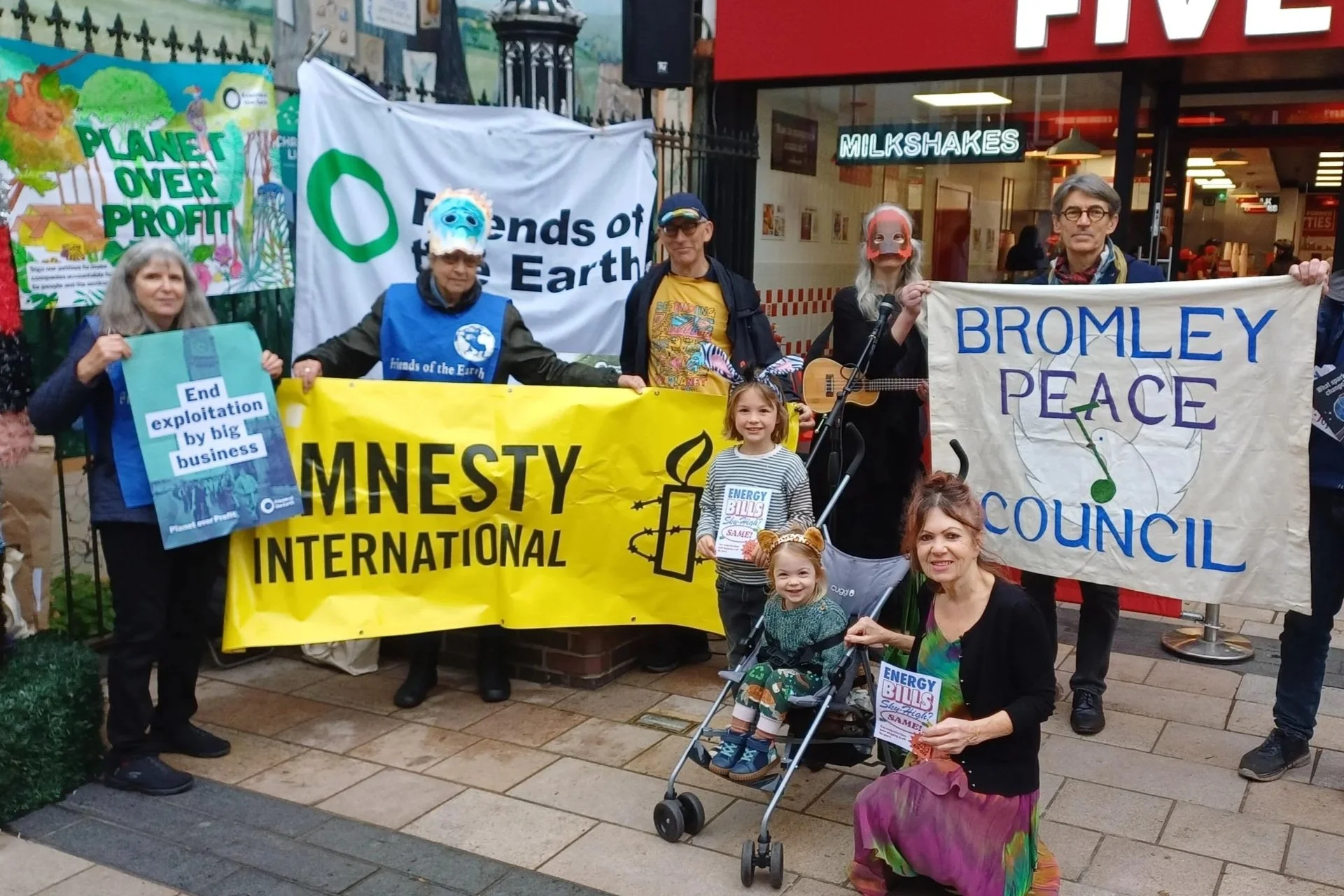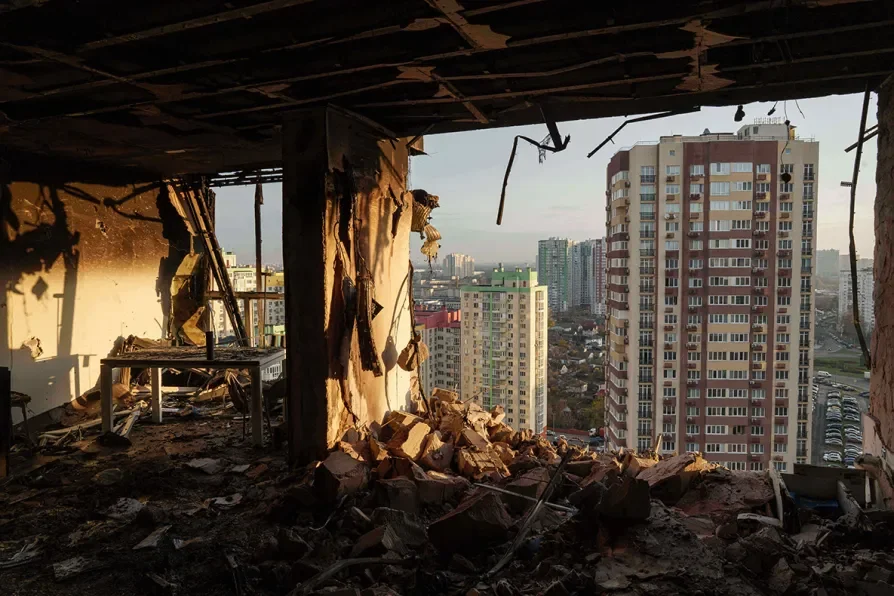By Husam Zomlot
This piece first published in the New York Times, Sept. 25, 2018
RAMALLAH, West Bank — My family and I moved to Washington in April 2017, just a few months after President Trump took office. I’d been sent as the head of the Palestine Liberation Organization’s general delegation to the United States — effectively the Palestinian ambassador in Washington.
At the time, the new administration said it wanted to forge a comprehensive and lasting peace in the Middle East. This seemed like a long shot given Mr. Trump’s positions and his close association with some of Israel’s most extreme American supporters. Still, we Palestinians wanted to give this effort a chance.
One of my first tasks was preparing for a visit in May by the Palestinian president, Mahmoud Abbas. My team and I began to meet with officials at the White House, the State Department and Congress. We also held encouraging meetings with universities, churches, think tanks and the news media, in which I saw how American opinions are changing on the Palestinian struggle for freedom and independence.
At the same time, my family began to get used to our new home. My son, Saeed, then 6, and my 5- year-old daughter, Alma, began school. My wife, Suzan, who trained as a biomedical scientist, took time off as our children adjusted to their new life and I started my demanding job. In no time, we all made many wonderful American friends. It was a hopeful new beginning.
A few months later, things changed radically. Although our relationships with the American people — including the American Jewish communities — were growing, political ties with the Trump administration deteriorated. In December, President Trump announced the United States’ recognition of Jerusalem as Israel’s capital and his intention to move the American Embassy in Israel there. By that point, it had become clear that the White House was fully embracing the right- wing Israeli agenda.
The situation has gotten even worse since. In May, the United States officially moved its embassy from Tel Aviv to Jerusalem, at which point I was recalled by Mr. Abbas to the occupied West Bank, where I remain. More recently, the Trump administration has taken even more pointless and vindictive steps toward the Palestinian people. In August, the White House decided to defund the United Nations agency that helps Palestinian refugees. The effort to punish the Palestinians continues. The administration appears intent on cutting off all aid, even to hospitals.
I haven’t been spared this vindictiveness. This month, the administration ordered the closing of the Palestinian mission in Washington, my office. And it has announced that it plans to revoke my family’s visas by Oct. 10.
We are in the middle of a political and diplomatic crisis. I resent, of course, the toll this is taking on my family. But as a diplomat, I can see the upside. This situation presents three strategic opportunities.
First, it frees the Palestinians from the shackles of a failed 27-year-old, American-led peace process, unleashing more of our energy to work with the international community. At our invitation, dozens of countries will attend a meeting in New York this week to discuss restarting international peace efforts.
Second, it provides an opportunity to correct the American-Palestinian bilateral relationship. In 1987, Congress designated the P.L.O. as a terrorist organization. This law, among others, contributed to the United States’ failure as a mediator. Despite the American-sponsored Madrid peace conference in 1991, the signing of the Oslo accords at the White House in 1993, the numerous bilateral agreements and generous American aid program, this label was never removed. We know this process drags on — Nelson Mandela was officially classified as a terrorist by the United States until 2008 — but it’s time to do so. Our diplomatic mission in Washington must be reopened only once this law is repealed.
Third, this crisis will help redirect Palestinian attention away from just high-level American officials and toward an equally, if not more, important investment: long-term engagement directly with the American people. American public opinion, especially among young people, is shifting toward supporting peace and Palestinian rights.
My family left the United States a few days ago. While as a father I am dismayed that my children had to change schools three times in one year, as an ambassador I feel a sense of national fulfillment. The Trump administration has given us a choice: Either we lose our rights or we lose our relationship with this administration. We took the choice that any dignified people would have taken.
Peace is never about extortion, coercion or blackmail. It is about vision, leadership, trust and investment. The Trump administration lacks all of those. In seeking liberation from the Israeli occupation, which steals our land and denies us our most basic human rights, we are demanding no more than what Americans would demand for themselves: freedom, liberty and equality.
I’m not sure when I will be back in the United States. I’ll miss all of the great people I met there. But even in my short time there, it was clear that there is much hope for peace and justice. I am confident the United States will one day restore commitment to the legitimate rights and aspirations of the Palestinian people. I hope that day will come soon.
Husam Zomlot (@hzomlot) is the strategic affairs adviser to President Mahmoud Abbas.






